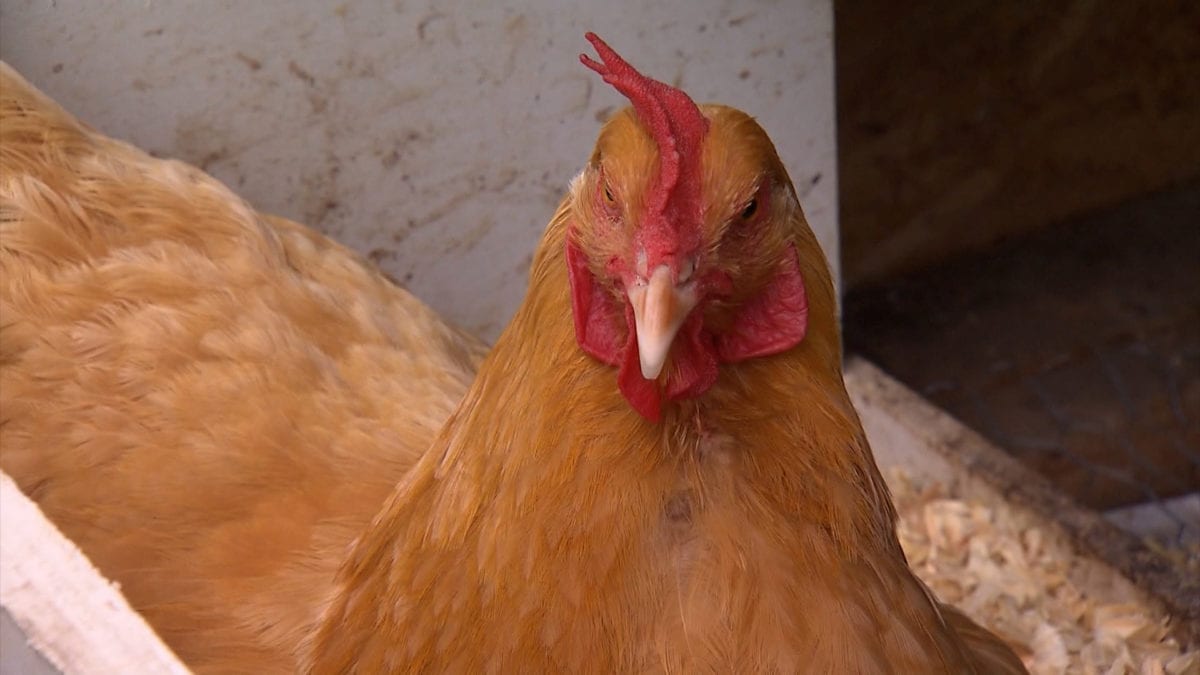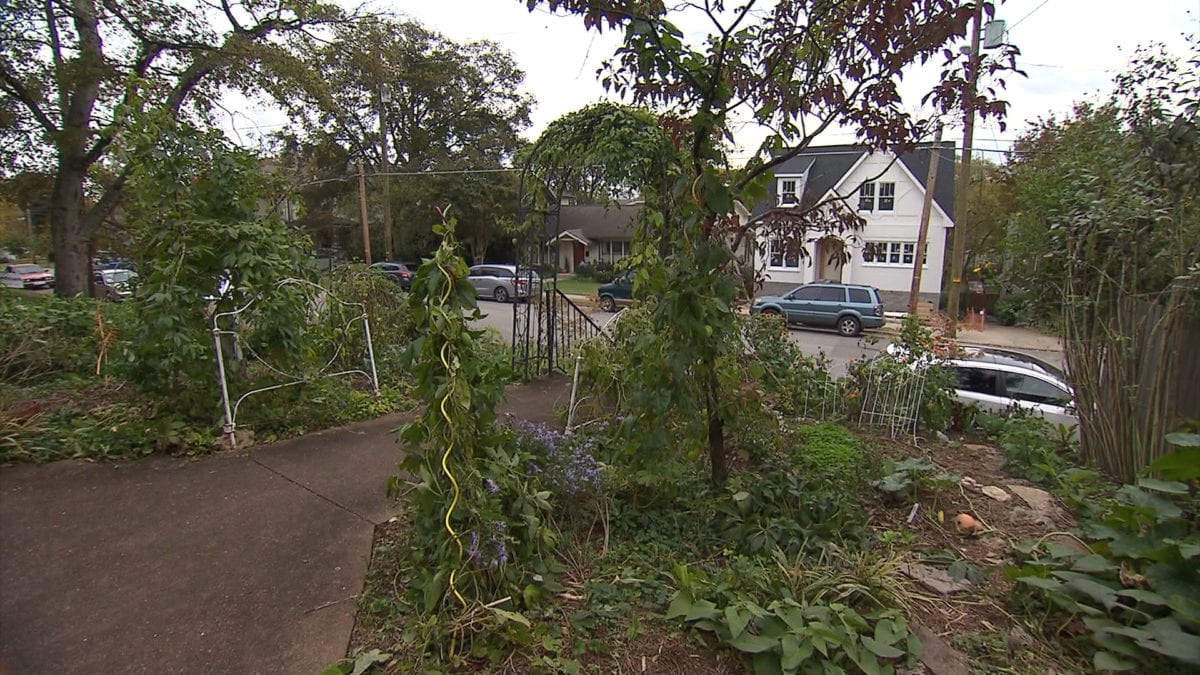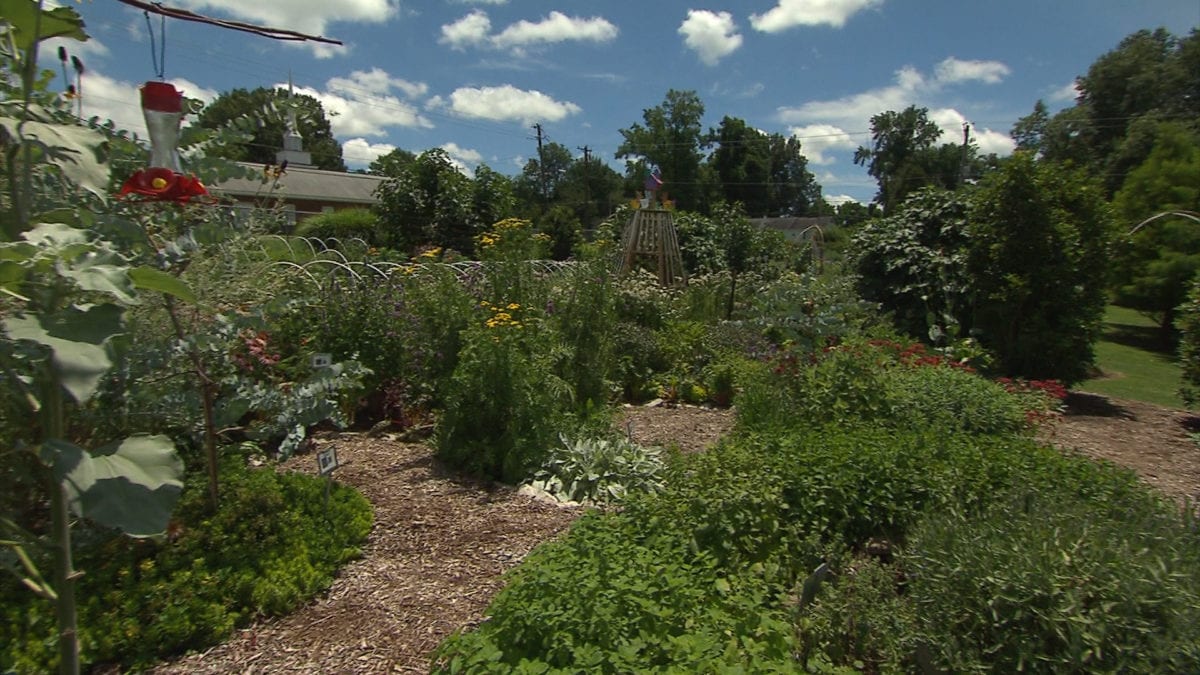
We visit with an experienced urban hen keeper in Nashville, TN to glean great tips and know-how. @judyschickens gives us the scoop on the coop, realistic expectations, and unexpected things that are going to happen. Judy is also an extensive gardener, so she talks about how backyard chickens and backyard garden beds can co-exist.

Jeff Poppen is delighted to walk through the herbs, perennials, vegetables and wildflowers of this urban yard in the heart of Nashville. This garden starts at the 'herb curb' and continues all the way past the backyard to the 'sky bed' that's positioned above the trash cans in the alley.

This farm is a vital part of the campus of New Hope Christian Academy which serves children kindergarten through 6th grade located in a busy area of Memphis. The garden allows students the ability to enjoy nature, the chance to learn how to grow and nurture, and the opportunity to taste a variety of fresh-picked produce. The cafeteria manager sponsors a Try It Tuesday that features a fruit, greens or a vegetable from the garden.